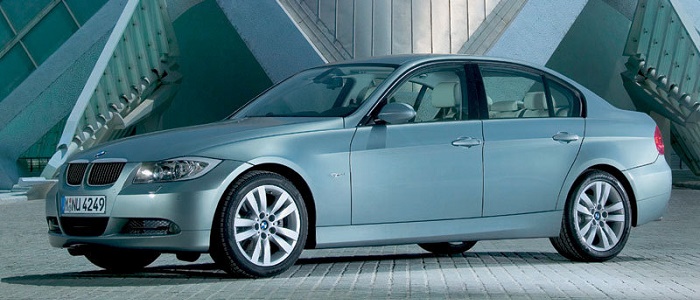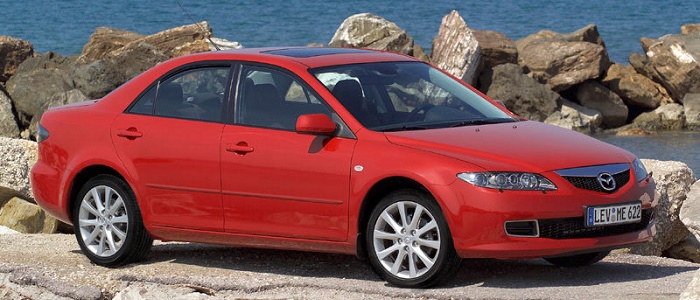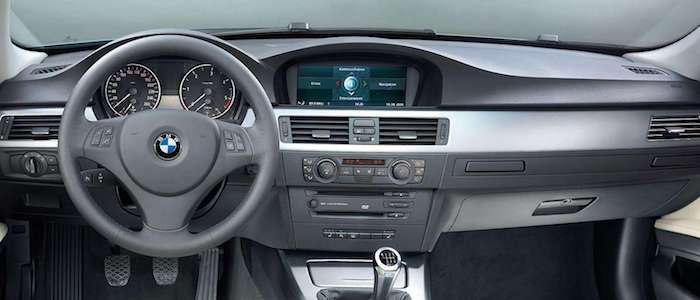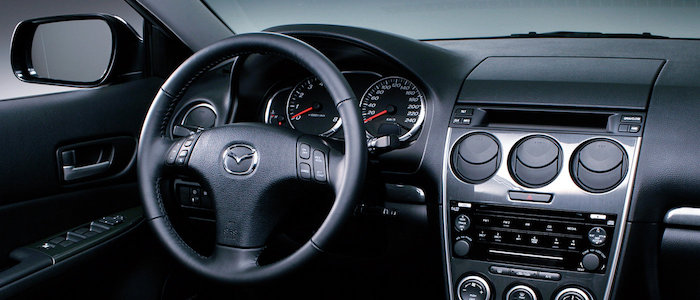Compare two cars
Compare any two cars and get our Virtual Adviser™ opinion
Dimensons & Outlines
Check a car with 30% off a report
Engine
Performance (manual gearbox)
Performance (automatic gearbox)
Expenses
Virtual Adviser's™ opinion
Two significantly similar cars, no doubt about that. Still, each one has something different to offer. Having both cars powered by diesel engines and utilizing the 4-door sedan body style within the same 'Large family car' segment, the only major difference here really is their wheel drive configuration (rear for the BMW and front in the case of the Mazda). The first one has a BMW-engineered powertrain under the hood, a 6-cylinder, 24-valves 286hp unit, while the other one gets its power and torque from a 4-cylinder, 16-valves 143hp engine designed by Mazda.
SafetyThe first thing to look into here would be the results from European New Car Assessment Programme (Euro NCAP) tests performed on the two cars. Good thing is that both vehicles got tested, with the BMW being a slightly better choice apparently. Still, apart from the official crash test results there are other things we need to be aware of. Both vehicles belong to the large family car segment, which is generally a good thing safety-wise, but it doesn't do much to help us decide between the two. Furthermore, if we'd like to consider vehicle mass in this context too, which we definitely should, the German car offers a considerable difference of 10% more metal.
ReliabilityI don't like generalizing things when it comes to reliability, although it does seem that Mazda as a brand displays somewhat better results, all the models observed together. These are the official statistics, while our visitors describe reliability of BMW with an average rating of 4.1, and models under the Mazda badge with 4.4 out of 5. Independent research findings rank 3 Series as average reliability-wise, and 6 is more or less at the same level.That apart, owners of different cars powered by the same engine as the German car rank it on average as 4.3, while the one under the competitor's bonnet gets 4.1 out of 5.
Performance & Fuel economyBMW is way more agile, reaching 100km/h in 3.3 seconds less than its competitor. In addition to that it accelerates all the way to 250 kilometers per hour, 45km/h more than the other car. When it comes to fuel economy the winner has to be the Japanese car, averaging around 6 liters of fuel per 100 kilometers (47 mpg), in combined cycle. We can't ignore that 12% difference compared to the German car.
Verdict
Mazda appears just a bit more reliable, although the difference is truly marginal. The most important thing when deciding between any two vehicles should always be safety, both passive and active. In my opinion, everything taken into account, the German car beats the other contender by far, making it the best choice without even considering other things. It all continues in the same direction, with BMW outracing its opponent in any situation possible, making it better choice for boy racers. It does come at a cost though, and that's the fuel consumption... All together, there's not much more to say, in this case I wouldn't even consider anything but BMW. Anyway, that's the most objective conclusion I could've came up with and it's based solely on the information found on this website. Aspects such as design, practicality, brand value and driving experience are there for you to measure them out. Also, you could use the oportunity to find out which car, everything taken into account, would be the perfect choice for you in the eyes of the virtual adviser™, among more than 12.000 different ones in our database.































